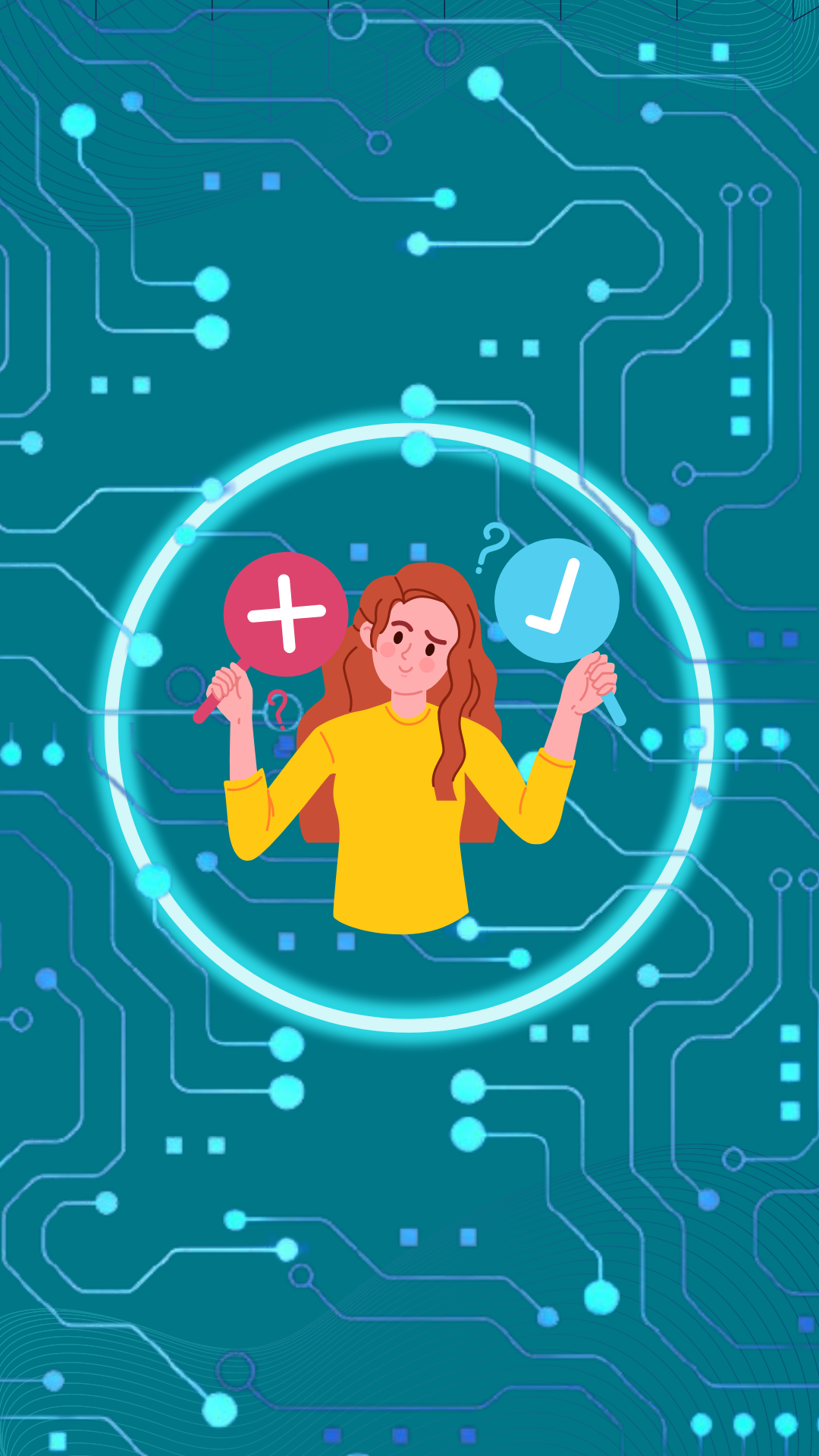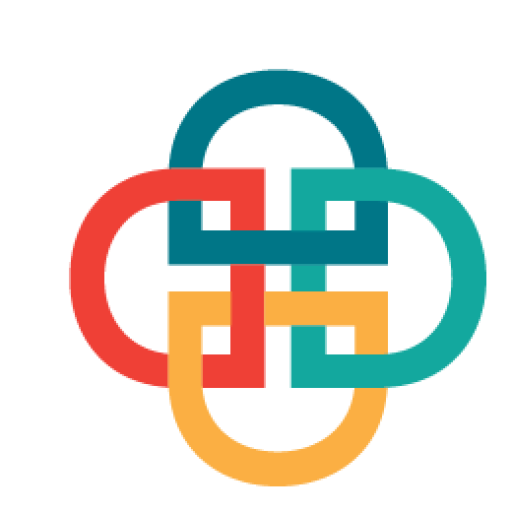Why You Need to Check Before You Share

What have you been up to lately? Have read you about the billions of shillings asked by the Ugandan Government to the U.S Government to fight against the Ebola outbreak?
There are some claims and questions on where this money is and who the implementing partners the U.S Government is working with to assist the Ministry of Health in Uganda. Have you heard about the absurd misinformation circulating about the virus? We have received several queries; for example, one on whether people can drink sanitiser to cure Ebola.
The answer is an absolute NO, and this is why we fact-check.
Debunk Media Initiative is an independent fact-checking organization that demystifies fake news and misinformation. We embarked on this journey in 2020 in the wake of Covid-19, the virus that was the ghetto as young people like to say. It did not help that some people lost their lives due to the increased false recommendations/remedies on social media and some news platforms.
During that time media organizations and leaders were overwhelmed, answering questions and breaking news now and then. Fake news always found its way into communities and these ideas were bound to sway opinions and in the long run people’s actions.
Fact-checking for the team was more than just disputing claims but also educating the masses in the hope of saving a life or reducing the damage of misinformation. According to a piece by the Young African Leaders Initiative (YALI), some news articles can be alarming in how they report and capture their headlines. This may cause confusion or chaos, even when the sole purpose might have been designed as clickbait to read, which several people might not do in this tik-tok 10-second era.
A common news population theory, based on problem-led news, imagines that the more tragedy or violence reported, the more interest the public might have in reading/watching or listening to the story literally if it bleeds, it leads.
However, this kind of news gives more room to distort information to suit the ideas/beliefs/fantasies of those that wish to. Fact-checking does not need to be on a wide platform to address trending claims or misinformation, but can even start from your living room, or kitchen or just asking your mum if she verified what she just shared with you on Whatsapp.
I remember a time during the deep of the Covid-19 lockdown when all we were left to do was depend on online media. This was way before we started fact-checking. Click baits to insecure websites were shared from time to time, giving cash prizes and hoax vaccinations. Almost everyone believed it, inclusive of myself being a victim of hackers and swindlers.
Fact-checking then has provided more than one way to measure on a weighing scale what truths we hold dear; from holding those in power accountable to demystifying falsehoods made by individuals of influence in society. No matter who they are, as long as it is fact-checkable, they will be fact-checked.

